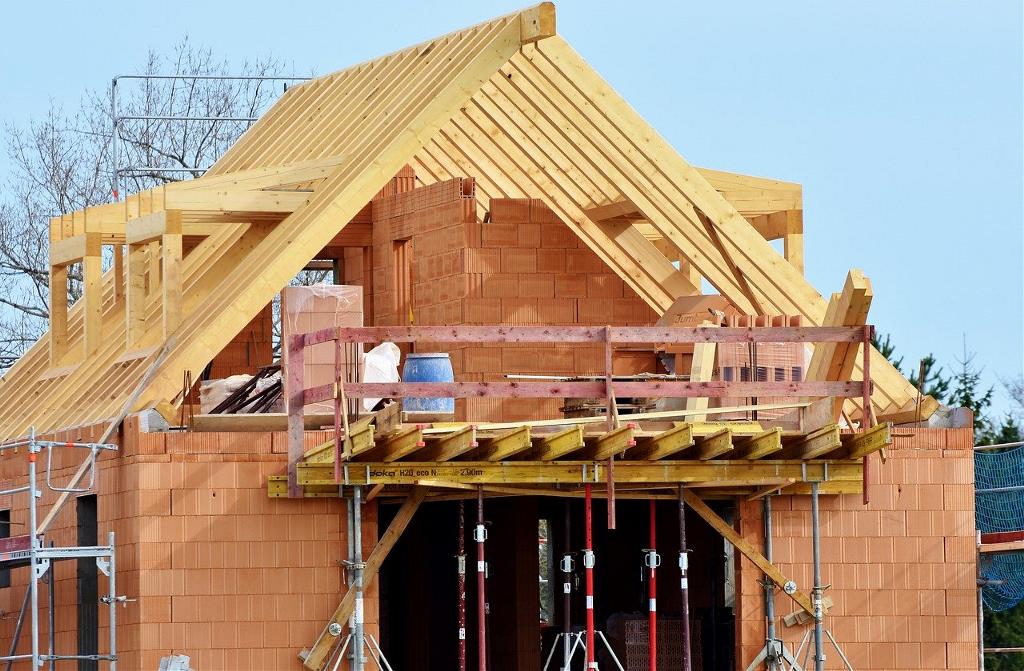
At Spratt Endicott Solicitors we have supported a large number of our clients through the purchase and construction of self-build homes in recent years, including many at the Graven Hill site in Bicester recently featured on Channel 4’s The Street. Many self-builders work to very tight budgets and timescales, and the unprecedented steps that the government have taken to reduce the spread of COVID-19 have inevitably left people in a state of limbo.
There is currently much debate within the construction industry as to how different sectors can continue to operate while following government guidance, and what constitutes essential work. Larger sites have already taken practical steps to ensure that workers maintain a 2 metre distance from each other, and infrastructure projects can certainly be argued to be essential.
In residential builds the guidance is less clear, many who are mid-way through projects are left wondering how they will be affected by the social distancing measures, and if they will be able to finish their project at all.
There are several considerations that should be made as the situation continues to develop that we have outlined below
Do I need to put my self-build on hold during lockdown?
Self-build and renovation projects are by their very nature large logistical operations. While it would certainly be possible to continue with a project in the current climate, there are many foreseeable – and unforeseeable – factors that may cause challenges and delays.
Recent figures indicate that the Coronavirus Job Retention Scheme (CJRS) has been utilised by a large proportion of small businesses including many tradesman. The inevitable outcome of both the CJRS and contractors abiding by social distancing measures means that there will be fewer people able to work on your property at any one time, meaning the project will likely take much longer to complete.
For renovations or any other work on occupied homes, the ability for contractors to maintain a safe distance must also be considered. Work should not continue if anyone in the household has any symptoms, is isolating, or is in a high risk category. In addition, practical steps to limit the number of people on site and contact when materials are delivered should also be made.
A final consideration is that many merchants are limiting deliveries to only essential projects. Although it may well be possible to source supplies, the limited availability may cause additional delays or interruptions throughout the project.
Despite these hurdles, it is possible for works to continue and follow the current guidance although it must be remembered that the guidance is subject to change on a daily basis which may take the matter out of your hands.
What if I’m doing the work myself?
Several of the factors outlined above can be mitigated if you have the means and ability to carry out the project yourself. Indeed, the extended period of lockdown has meant that several DIY shops such as Homebase have seen a sharp increase in sales as many people start home improvement projects themselves.
The problem of sourcing building materials does still remain. While the stores named above have seen an increase in sales, others have interpreted government guidance in a way that they are only doing home deliveries or selling a limited number of items. Again, as the situation evolves this problem is likely to be exacerbated as more suppliers limit their operations and resources become more hard to source.
Next Steps
As things currently stand there is no reason for self build projects not to continue, but it is advisable to follow any updates in government guidance and amend project plans in line with them. Being pragmatic as the situation evolves is crucial, as is open and clear communication with any contractors or suppliers who are working on your project.
Claire Rose is a Conveyancer at Spratt Endicott Solicitors specialising in self build projects. To discuss this article please contact Claire at crose@se-solicitors.co.uk
*Disclaimer: While everything has been done to ensure the accuracy of the contents of this article, it is a general guide only. It is not comprehensive and does not constitute legal advice. Specific legal advice should be sought in relation to the particular facts of a given situation.
Recent posts
- SE-Solicitors Expands Debt Recovery Services with Specialist Property Recovery Acquisition
- The legal implications of remarrying following a divorce
- The Accumulator Challenge for Katharine House Hospice
- The impact of using unregulated firms for will writing, trusts and estate planning services
- Who is responsible for the maintenance of ditches within land boundaries?